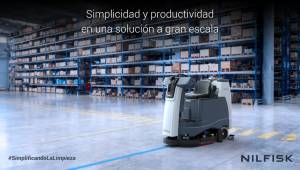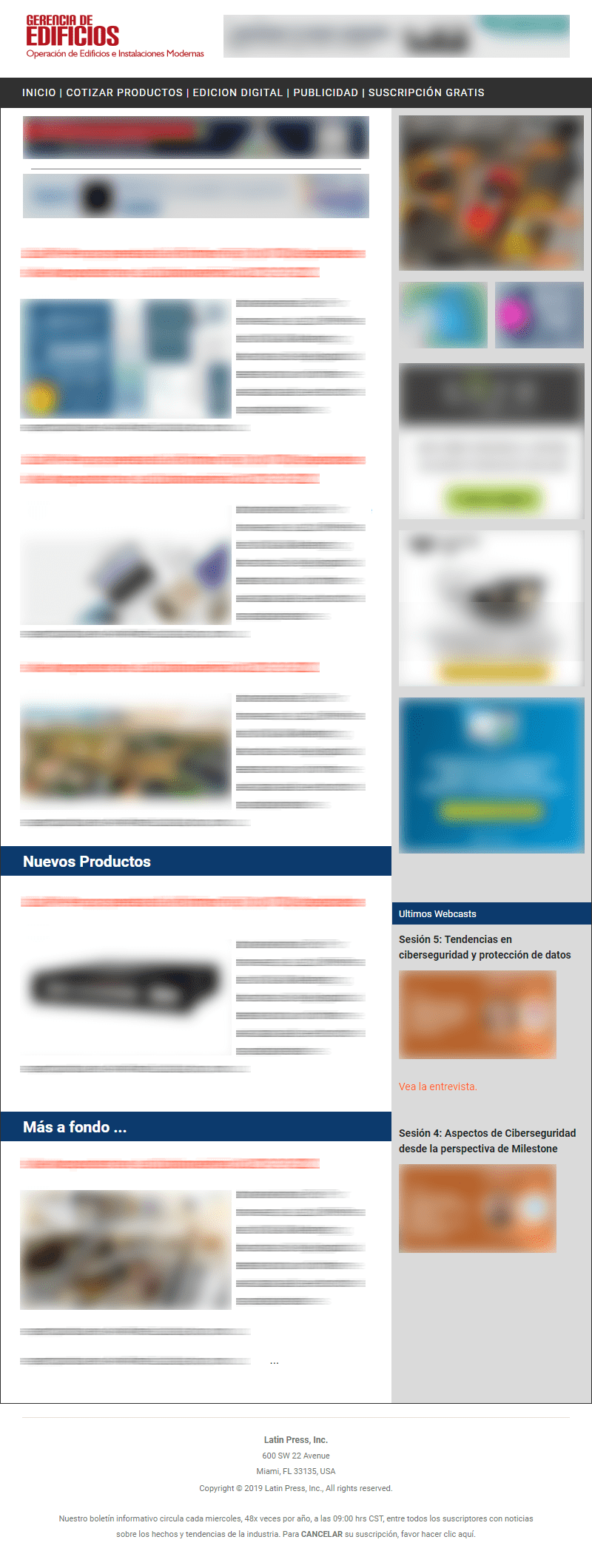More opportunities in Argentina, not only for large hotels
Many think that the investment opportunity in the hotel sector is only for those people who have a very large capital availability. It is true that in the case of wanting to have a business of the type of conventional hotels the need for capital is an important barrier to entry, which makes this type of business for very few.
However, there are some segments or niche markets that can be called non-traditional hospitality, or at least not in the way that many consider it to be a hotel, for which the amount of money needed is not so large. When we take a look at some of these niches going from lowest to highest in terms of the amount of investment located in the city of Buenos Aires, we see that the possibilities are growing and are not few.
A young audience that demands
In the first place we find a growing offer of furnished apartments for tourists. To enter this sector you must have a department of between 1 and 3 rooms (in some cases you can think of larger units). These properties must be comfortably equipped, that is, they must have a TV, DVD player, coffee maker, toaster, microwave, juicer or electric juicer, internet connection and telephone line. A maid service and replacement of whites (sheets and towels) must be provided at least once a week included in the rate. Generally the public that consumes this type of product stays between a week and 1 month, being the rates lower than those of the traditional hotel industry. The offer of these products is usually made through the internet and the collection is in cash at the time of entering the property to which must be added a security deposit for possible breakages and / or missing.
Another attractive segment is that of hostels. This type of business offers shared rooms and bathrooms, a place to heat up food or cook something very simple, computers with internet access, washing machines with chips and a common room. The public is made up of young people, in many cases backpackers (the so-called backpackers) who want to know tourist destinations without spending much on accommodation and meals. These ventures, which have grown a lot in recent times, are located in old properties with many rooms, which are equipped with seafaring beds so that they can accommodate up to 8 people.
The rate is charged per dormi (bed) and usually does not include additional services. The investment necessary for this type of venture is not very large since in many cases the properties in which this activity is carried out are rented and the cost of the equipment is very low since what is sought is durability and not design. Given the profile of the public that consumes this type of product (very young people) the most important sales channel is the internet, followed very closely by "word of mouth".
Basic services for all
Already thinking about a more important investment we find the hotels called Bed & Breakfast. This type of hotel industry was born at the end of World War II. American soldiers returning from the front lines were stationed in the coastal cities where they were to be shipped to return to their country. This led to a large deficit of space to accommodate them, so the Government asked the population to provide these soldiers with a place to sleep (a bed) and a breakfast at a reasonable price. From there was born the name Bed & Breakfast, which began to spread in many parts of the world. In our country it was totally unknown until a few years ago.
Although in the world these establishments provide only bed and breakfast, without more additional services, in our country there is a great variety in the offer. The first division we find is in the strategy that many have adopted and that has a clear focus on differentiation, while others focus on costs.
The differentiation approach points to a segment with greater purchasing power that wants to leave the traditional guidelines of the hotel industry and become more involved in the local culture, which leads to the offer being of a certain sophistication. There are also thematic business units, one of the most used weapons being that of tango. Today this icon of our culture is one of the most demanded by tourists. That is why the owners offer not only the services of a hotel but have added additional businesses such as tango classes, sale of souvenirs related to tango, thematic excursions, sale of shoes and clothing for tango and others.
The other approach, that of costs, aims to provide a more basic service and consequently the rate is lower. Look for those audiences who want to stay in an establishment in which the local culture is perceived but without this segmenting or limiting it within a certain theme and at the same time paying a lower price.
Greater luxury and sophistication
When we have a greater economic availability we can think of boutique hotels. This denomination has been mistakenly taken by some of the B&Bs. They use the word boutique along with their fancy name to mean a certain differentiation. Boutique hotels are business units of no more than 60 or 70 rooms on average, characterized by having a lot of luxury and a careful level of service. To some extent they compete with 5-star hotels although they do not have all the complementary services they offer such as swimming pool, given their smaller size.
This type of hotel is well received by those people who are looking for an excellent level of attention, very personalized, without having to stay in large hotels and therefore very impersonal. The rates of these business units are, many times, at the level of 5-star hotels but remember that the type of service they provide involves a large number of staff and at the same time no income is achieved from other points of sale beyond the sale of accommodation.
Today we can affirm, then, that hospitality is a very attractive activity. The high rate of return and the different business formats allow many investors to turn to this business. But it should not be forgotten that it is a complex business 24 hours a day, 365 days a year in which the client sleeps at home and demands many other services apart from accommodation. Tourism has arrived in Argentina and with it the possibility of developing new business opportunities.

























Leave your comment